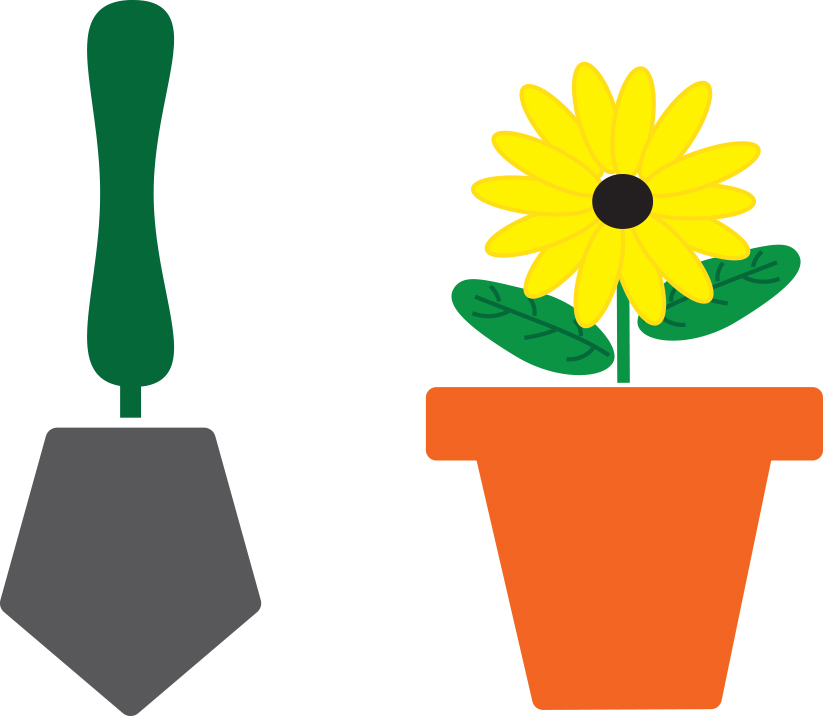Webinar simplifies composting for environmental enthusiasts
April 20, 2022
For many Americans, recycling is the first and easiest step to minimizing their impact on the environment. But for those looking for other ways to decrease waste, composting could be the next best step.
Composting reduces waste by using leftover or inedible foods and organic materials such as yard trimming, wood chips and leaves to create a material that enriches soil or is used for mulch.
According to the U.S. Environmental Protection Agency, food waste is often trashed and dumped into landfills generating methane, a harmful greenhouse gas. While reducing the volume of surplus is the first priority, according to the EPA, industrial and backyard composting also plays a part in reducing food waste.
As a part of an ongoing effort to educate and increase sustainable practices, Dallas College hosted a “Backyard Composting for Beginners” webinar Feb. 8, which is now available on the sustainability web page for Dallas College.
Neil Kaufman, assistant director of sustainability for urban agriculture and food security for Dallas College, said composting is an incredibly forgiving process and can be started with a basic formula. He said the formula is one-part greens and three-part browns with air, moisture and time.
Kaufman defined the greens as weeds, kitchen scraps, grass clippings or eggshells and the browns as dead grass, leaves, wood chips, straw, paper and natural fibers. He said items to avoid composting are meat, dairy, oil, pet waste, produce stickers and sawdust.
Because there are different ways to compost, the best place to start is by determining the goals of composting – to reduce waste or to create compost or mulch for gardening needs. Knowing the goals and available resources will help determine what strategies or systems to use, Kaufman said.
“If diverting waste is your goal, you can get a food digester which can be fairly pricey,” he said. However, while some composting systems can be expensive, Kaufman said more affordable systems can be made at home. He shared a strategy from his colleague, Lori Delacruz Lewis, assistant director of sustainability for education for Dallas College.
“A more affordable strategy is through a metal trash can,” Kaufman said. “This is Lori’s idea and you just poke holes in it, throw food scraps in there, put the top on and you can save $250 just by doing that.”
Creating DIY composting bins is not the only way to save money while composting. Composting creates mulch for your garden. The compost byproduct also can eliminate the need for chemical fertilizers and will improve your soil according to the EPA.
Delacruz Lewis’ background in waste management is a motivating factor in educating the public on waste reduction and minimization. “Why would you throw away all the ingredients when you can make mulch in your own backyard,” she said.
Leveling up to composting does not have to be difficult or expensive and can be accomplished with or without a backyard, but the impact of composting can have far reaching effects.
A commitment to composting not only saves money but also diverts waste from landfills. Middlebury College in Vermont moved from sending food scraps off-site to composting onsite, according to the EPA. In 2011, because of these efforts they diverted 370 tons of waste and saved over $100,000 in landfill fees.
For more information on composting or Dallas College sustainability efforts, check the Sustainability web page for additional topics, events and webinars.


